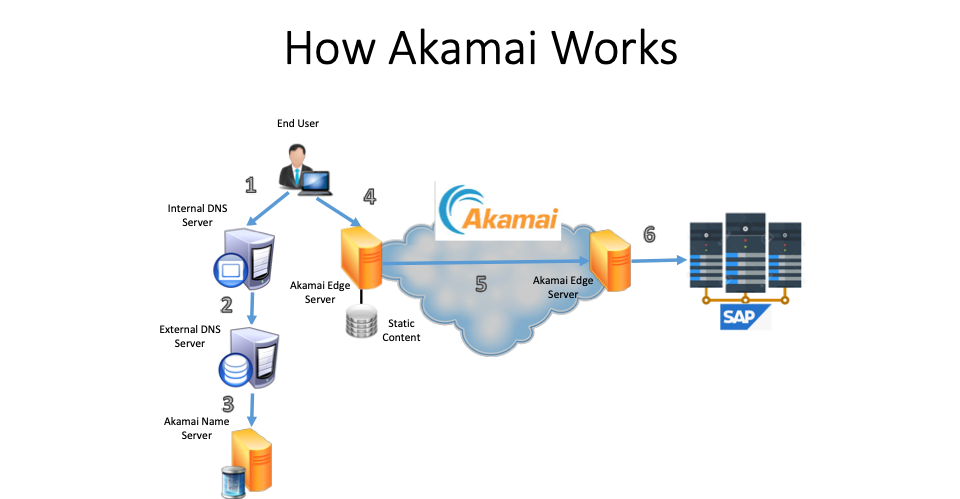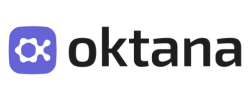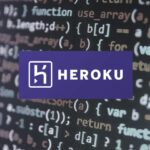A Learning Management System (LMS) must deliver reliable performance and secure fast, constant integrations with existing systems. Heroku offers a powerful platform for building LMS applications that meet these standards. Its containerized architecture, integration with Salesforce, and extensive developer tooling make it a strong foundation for scalable, modern LMS solutions.
Building LMS Platforms on Heroku
Heroku’s architecture simplifies infrastructure management, allowing developers to focus on the core structure of the LMS. Its support for multiple programming languages and frameworks enables development teams to build customized front-end and back-end components with greater speed and control.
This adaptability is crucial when developing systems that must:
- Launch quickly with a production-ready MVP
- Handle high user concurrency
- Maintain consistent performance under load
- Integrate cleanly with CRM, compliance, or ERP tools
By decoupling deployment from infrastructure complexity, Heroku supports continuous evolution of the LMS without forcing rigid architectural decisions.
Enabling Rich User Experiences
Heroku enables full control over front-end environments, which is essential for creating user interfaces that engage different personas: administrators, learners, and instructors.
Using frameworks like React or Vue.js, developers can design:
- Interactive dashboards tailored to user roles
- Real-time progress visualization tools
- Drag-and-drop interfaces for content management
- Adaptive assessment and certification workflows
These interfaces can evolve independently of the backend logic, improving agility and reducing update risk.

Case Snapshot: Interactive LMS with Gamification and Embedded Tools
A strong example of this can be seen in one of our recent works. With the help of Heroku we managed the development of an open-source LMS supporting a global tech education initiative. The system was designed with interactivity at its core and combined gamification with real-world skill development. Features included:
- A sci-fi themed interface that visually engaged users
- An embedded code editor and custom file system for practical, in-browser exercises
- Public-facing learner resumes auto-generated from profile data
- Custom badge-earning behaviors triggered by task completion
The LMS ran on Heroku, integrating with an external open-source system and connecting to a free personal learning environment. Within two months of launch:
- 300+ companies had joined
- Over 1,200 users had completed hands-on missions
This implementation highlighted how Heroku supports both creative flexibility and the operational scale needed to drive meaningful learner engagement.
One example of this in action is the open-source LMS built to power a global technology company’s customer education platform. Designed to be interactive and gamified, the platform featured a sci-fi theme, an embedded code editor, and personalized learner profiles with public-facing resumes.
By layering custom behaviors such as badge earning and user progression onto an existing LMS, developers delivered a system that was immersive, technically sound, and visually dynamic, while maintaining performance and scale through Heroku.
Within two months of launch, over 300 companies had joined the program, and more than 1,200 users had completed interactive missions.
Why Choose Heroku for Your LMS or Training Portal
Scalability with Demand
- Heroku can adjust resources automatically during periods of high usage. This is especially useful during training peaks or compliance events. Teams can track performance with built-in tools and make changes easily when needed.
Flexible Content Management
- Heroku works well with different customer data platforms. If your organization uses Salesforce, you can connect it to Heroku to assign training, record completion data, and create automated actions based on user behavior. If you use a different CRM, Heroku still allows for easy integration through standard APIs and services.
Identity Management and Security
- Heroku supports secure login and user access through Salesforce Identity and Single Sign On. This allows users to access training systems without logging in multiple times. You can control who sees what based on roles and permissions, helping meet security and compliance needs.
Built for Integration
- Heroku allows you to connect your training portal with other business tools. You can set up links with marketing platforms, data dashboards, compliance systems, and support services. This helps your LMS stay connected with the rest of your digital environment and keeps your information consistent.
Ongoing Development and Delivery
- Heroku supports modern development practices. Teams can test new features, move them into production smoothly, and track how they perform. If something goes wrong, it is easy to roll back. This helps keep your LMS up to date and aligned with your business goals.
Oktana and Heroku: A Proven Foundation for Modern LMS Platforms
Heroku provides the core capabilities required to build secure, scalable and highly integrated Learning Management Systems. It simplifies infrastructure and integrates cleanly with Salesforce for content and user data management.
For organizations in fintech, health tech, and enterprise software that require dependable training systems with robust architecture, Heroku provides a production-ready path.
Oktana is a long-standing Heroku partner with extensive experience designing and deploying LMS platforms on this architecture. If you’re considering building or modernizing a learning platform, we’d be happy to explore what’s possible with Heroku.



